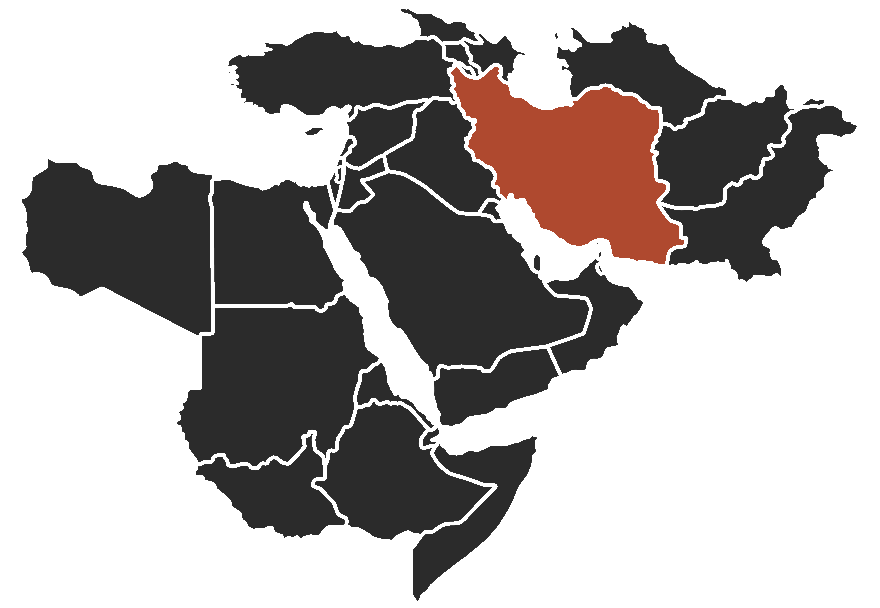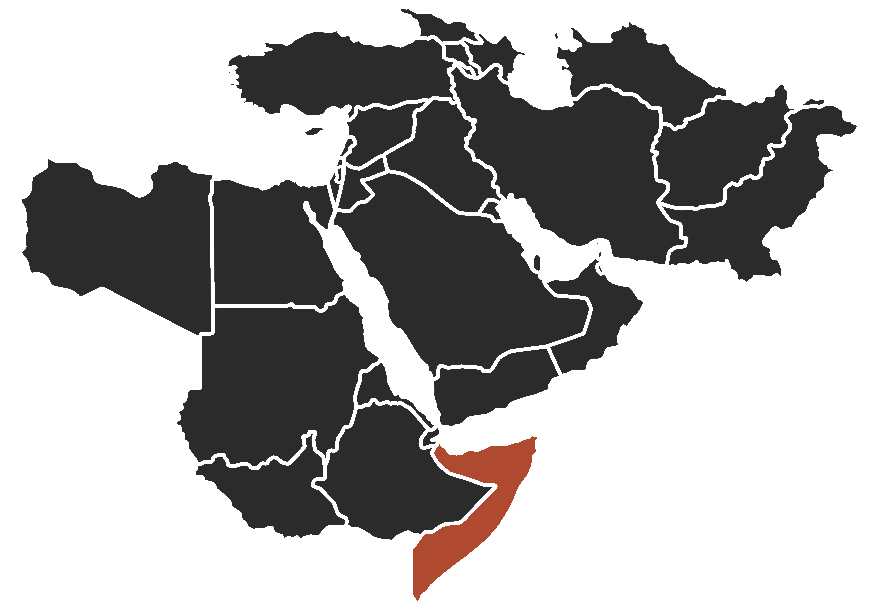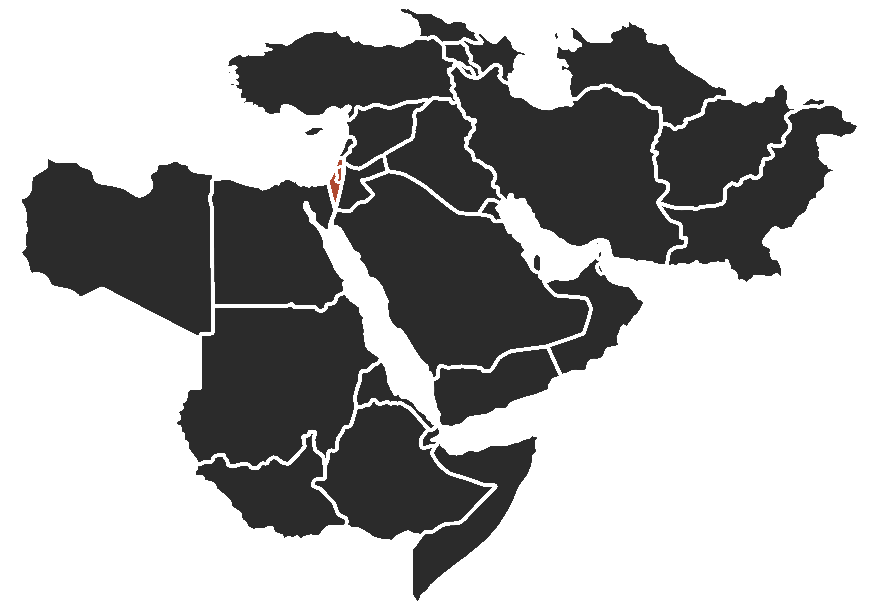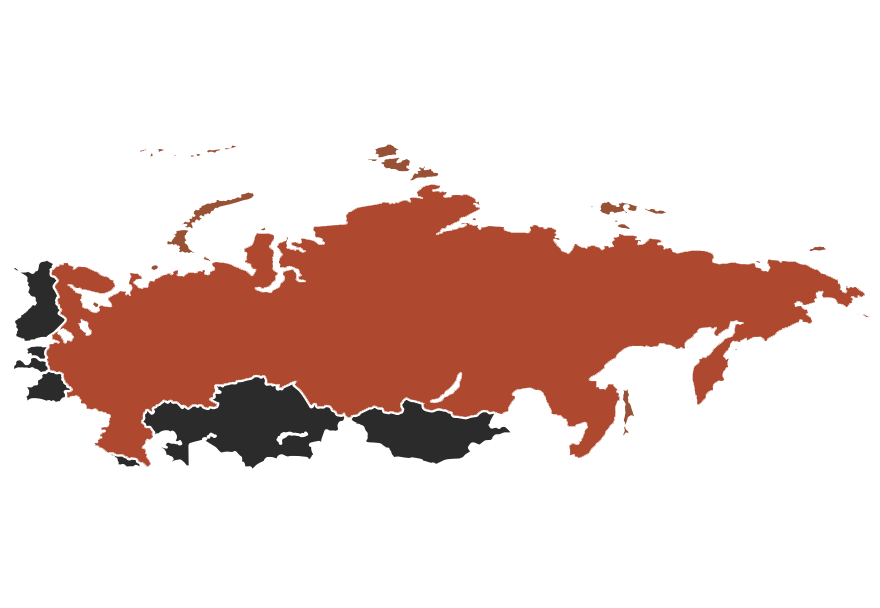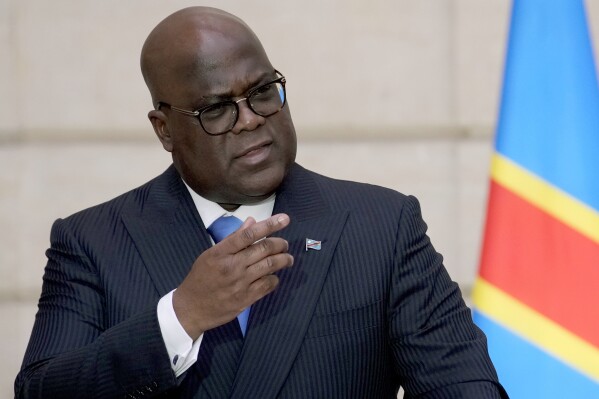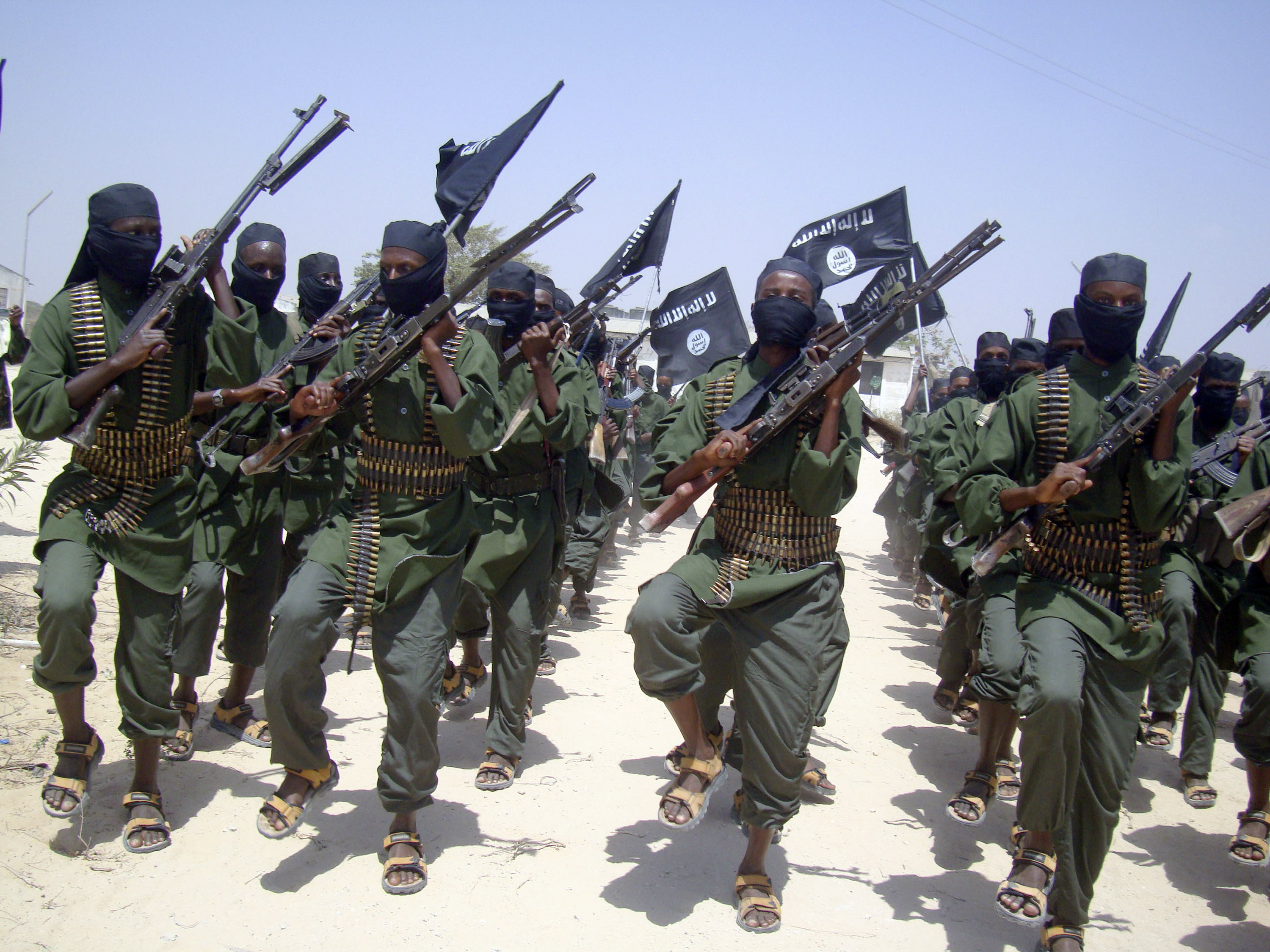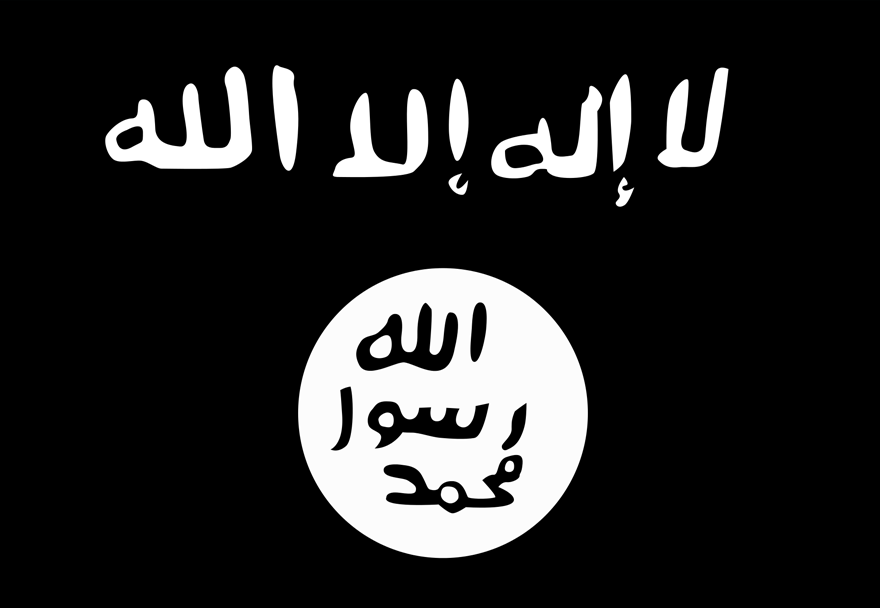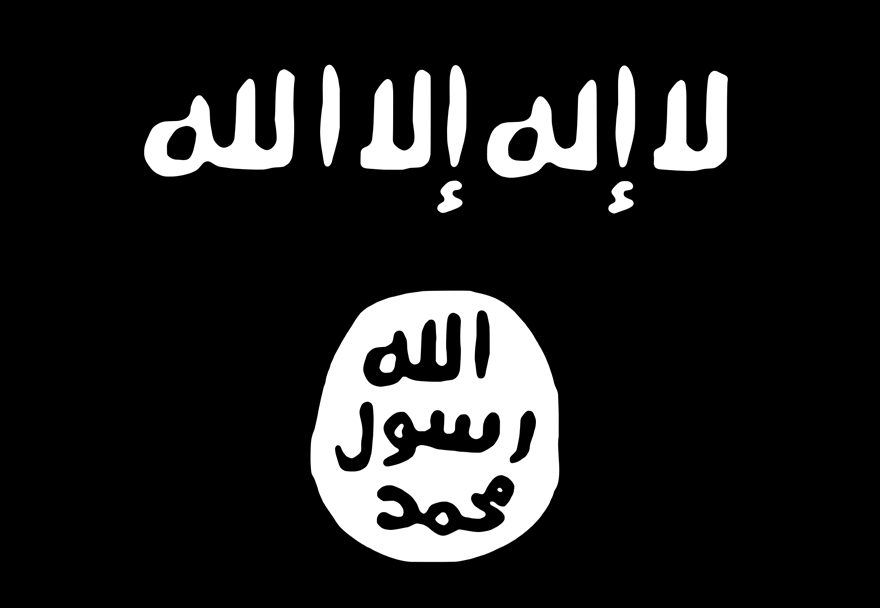Caspian Sea States-Iran Foreign Relations
April 08, 2010
Caspian Sea States-Iran Foreign Relations
The Caspian Sea is home to vast oil and natural gas reserves and borders five countries: Iran, Azerbaijan, Kazakhstan, Turkmenistan, and Russia.[1]
Nuclear:
In a conference in 2007, the Caspian Sea states declared that they would support all Caspian states’ rights to peaceful nuclear programs[2]: "the parties confirm the inalienable right of all states- signatories to the treaty on the nonproliferation of nuclear weapons to develop research and the production and utilization of nuclear energy for peaceful purposes without discrimination and within the framework of the provisions spelt out in this treaty, as well as those of the International Atomic Energy Agency mechanism."[3] In addition, Russia – which is a permanent member of the UN Security Council – began delivering nuclear fuel to the Bushehr plant in 2007 and has said it will ensure the plant’s reactors are operational by the end of 2009.[4]
[Click here for more information on Russia-Iranian relations.]
Economic Relationship:
Proven and potential oil and natural gas reserves dot the Caspian seabed; as a result, the sea’s five littoral states have held a number of joint summits to discuss the division of these resources. In 2004, Caspian oil output hit nearly 2 million barrels a day, accounting for approximately 1.6 to 2 percent of the world’s total daily production.[5] Iran controls one of the few pipelines that transfers oil and natural gas to Western Europe and has protested plans by other littoral states, such as Azerbaijan and Kazakhstan, to lay a Trans-Caspian Pipeline, citing the environmental risks of laying underwater gas lines.[6] In addition, Iranian President Mahmoud Ahmadinejad has “emphasized the firm policy and urgent need to keep westerners out of the region,” [7] thus reserving energy profits and control for the five Caspian states.
Diplomatic/Military Relationship:
Although each of the five countries have separate bilateral relations with the others, the states have also used the joint forum of the Caspian Sea conferences to sign declarations of nonaggression. The five Caspian states agreed in a joint declaration in 2007 that they "under no circumstances will allow the use of their territories by other states for an aggression or other military actions against any of the parties."[8]
Despite a unified non-aggression stance, disagreements among the Caspian Sea states go back to the treaties of 1920 and 1941 between Imperial Iran and the Soviet Union. [9] These treaties divided the Caspian Sea between Iran and the USSR, delineating both water and seabed rights based on the shoreline of each state. Since the collapse of the Soviet Union and the creation of three new states on the shores of the Caspian in 1991, Russia and Iran have had to draw new lines that allow each of the new states some share of the Caspian resources. Although Russia signed independent treaties with each of the new states - Azerbaijan, Kazakhstan, and Turkmenistan - disputed seabed rights still exist. While the current working distribution gives Iran control of about 14 percent of the seabed, both Turkmenistan and Iran argue that rights to the sea’s resources should be redistributed into five equal parts. [10] Some Iranian leaders cite the 1920 and 1941 agreements before the division of the Soviet Union as proof of Iran’s rights to 20 percent of the Caspian’s resources. [11]
In September 2009, the Caspian Sea states met in the Kazakh city of Aktau without including a representative from the Islamic Republic. Iranian Foreign Minister Manouchehr Mottaki expressed his government’s outrage and stated that the meeting to discuss regional cooperation ran “contrary to Iran’s national interests.”[12] Foreign Minister Mottaki iterated Iran’s concerns that its fellow Caspian Sea states would make crucial maritime and natural gas decisions in its absence.[13]
The 26th meeting of the Caspian states convened in early November 2009 to determine the territorial rights of each country and to negotiate matters related to the Caspian Sea. Iran’s appointed representative for Caspian Sea affairs, Mehdi Safari emphasized that regional cooperation could not be rushed as it would interfere with Iranian national interests.[14]
In March 2010, the Iranian President’s Special Envoy Mehdi Safari and Azeri President Ilham Aliyev met in Baku to discuss avenues of increasing cooperation in Caspian Sea affairs. Safari lauded the friendly relations between the Caspian Sea littoral states and emphasized the necessity of continued cooperation and collective security among the members.[15] President Aliyev agreed with Mr. Safari with regard to the significance of security and cooperation talks between the Caspian Sea states.[16] Iran, , Azerbaijan, Kazakhstan, Turkmenistan, and Russia agreed to finalize a draft security agreement prior to the Caspian Sea states third summit of leaders due to be held in Baku later in 2010.[17]
